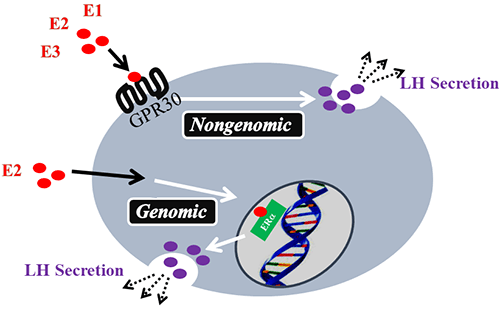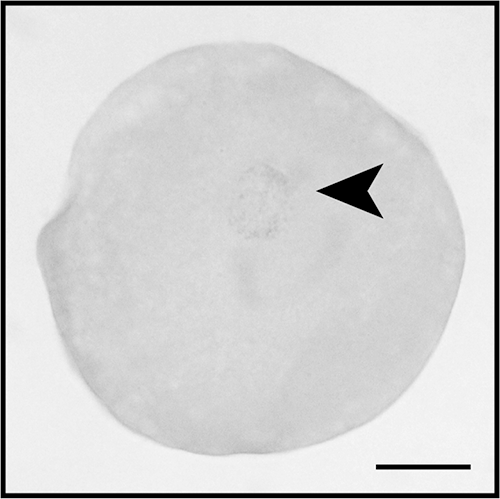- |<
- <
- 1
- >
- >|
-
Article type: Opinions and Hypotheses
2018Volume 64Issue 3 Pages 203-208
Published: 2018
Released on J-STAGE: June 22, 2018
Advance online publication: March 06, 2018Download PDF (960K)
-
Article type: SRD Innovative Technology Award 2017
2018Volume 64Issue 3 Pages 209-215
Published: 2018
Released on J-STAGE: June 22, 2018
Advance online publication: April 14, 2018Download PDF (1067K)
-
Article type: SRD Young Investigator Award 2017
2018Volume 64Issue 3 Pages 217-222
Published: 2018
Released on J-STAGE: June 22, 2018
Advance online publication: April 26, 2018Download PDF (2278K)
-
Article type: Original Article
2018Volume 64Issue 3 Pages 223-231
Published: 2018
Released on J-STAGE: June 22, 2018
Advance online publication: March 06, 2018Download PDF (3144K) -
Article type: Original Article
2018Volume 64Issue 3 Pages 233-241
Published: 2018
Released on J-STAGE: June 22, 2018
Advance online publication: March 02, 2018Download PDF (1117K) -
Article type: Original Article
2018Volume 64Issue 3 Pages 243-251
Published: 2018
Released on J-STAGE: June 22, 2018
Advance online publication: March 18, 2018Download PDF (1075K) -
Article type: Original Article
2018Volume 64Issue 3 Pages 253-259
Published: 2018
Released on J-STAGE: June 22, 2018
Advance online publication: March 23, 2018Download PDF (1145K) -
Article type: Original Article
2018Volume 64Issue 3 Pages 261-266
Published: 2018
Released on J-STAGE: June 22, 2018
Advance online publication: April 03, 2018Download PDF (1005K) -
Article type: Original Article
2018Volume 64Issue 3 Pages 267-275
Published: 2018
Released on J-STAGE: June 22, 2018
Advance online publication: April 16, 2018Download PDF (9041K) -
 Article type: Original Article
Article type: Original Article
2018Volume 64Issue 3 Pages 277-282
Published: 2018
Released on J-STAGE: June 22, 2018
Advance online publication: April 26, 2018Editor's pickCover Story :
Based on the results obtained for the studies of in vitro development of cloned embryos, epigenetic modifications have been widely used for cloning farm animals. However, such studies remain few in canids because of the lack of optimal in vitro oocyte maturation, embryo culture, and superovulation system. Kim et al. investigated whether a histone deacetylase inhibitor used in dog to pig interspecies somatic cell nuclear transfer (iSCNT), which improves nuclear reprogramming, could be used in dog cloning (Kim et al.: Suberoylanilide hydroxamic acid during in vitro culture improves development of dog-pig interspecies cloned embryos but not dog cloned embryos. p. 277–282). Porcine oocytes supported reprogramming of nuclei from dog fibroblasts up to early developmental stage of iSCNT embryos, and treating the embryos with suberoylanilide hydroxamic acid (SAHA) increased their developmental competence. However, unfortunately, SAHA treatment for dog to pig iSCNT embryos was not sufficient to improve their in vivo development because three and one clones were successfully produced from the control and SAHA treated groups, respectively.Download PDF (1034K)
-
Article type: Technology Report
2018Volume 64Issue 3 Pages 283-287
Published: 2018
Released on J-STAGE: June 22, 2018
Advance online publication: April 14, 2018Download PDF (1607K)
-
2018Volume 64Issue 3 Pages e1
Published: 2018
Released on J-STAGE: June 22, 2018
Download PDF (812K)
- |<
- <
- 1
- >
- >|











